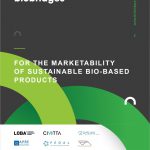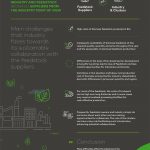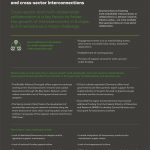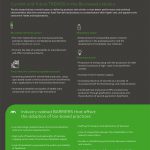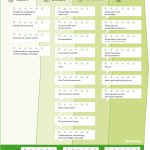Communication needs in the bio-based economy
This infographic aims to represent in an illustrative way the communication needs within the bio-based economy landscape, considering the findings and know-how gathered during the lifespan of the project. This list is not meant to be exhaustive, but to highlight relevant areas to focus on for the growth and further development of a solid bio-based economy in Europe.

